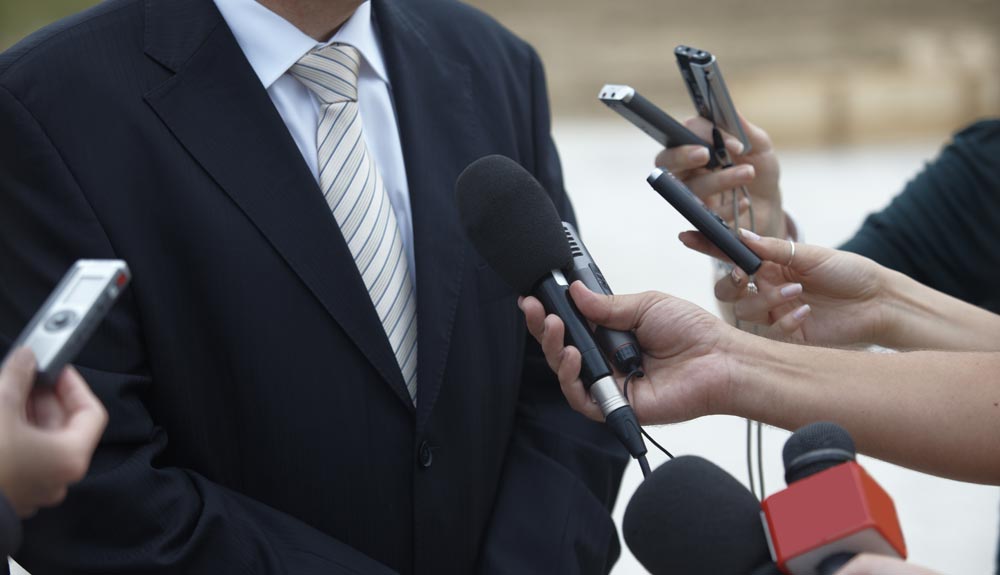Attorneys, unfortunately, who are sued for malpractice do not constitute breaking news. However, when an attorney’s comments to news media prompt a malpractice claim, the headlines and ensuing interest are notable.
This is the case for noted attorney Geoffrey Fieger. Famous primarily for his representation of Dr. Jack Kevorkian, who was put on trial for his role in assisting terminal patients with committing suicide, Fieger is once again in the headlines. This time Fieger is the defendant, facing claims of malpractice in the case of two swimmers he represented. One swimmer died and the other was injured in the water near a Traverse City, Michigan dock. Fieger failed to keep the jury in the malpractice case from hearing his statements to the media in the case of the two swimmers, sharing his assertions as to both the value and cause of the injuries, as well as who was responsible. His defense in the malpractice claim is that the underlying case was “a dud” and the plaintiffs and their family were not deprived of financial damages.
A three-judge panel determined the malpractice jury should be allowed to weigh Fieger’s contradictory claims.
Words to Litigate By
Lawyers who opt to try their cases in the court of public opinion as well as the courtroom walk a fine line. While most litigators are savvy combatants within the halls of justice, many who are unfamiliar with the media spotlight are often surprised by how adept journalists can be at soliciting information or comments those lawyers did not intend to convey. Moreover, some lawyers take the media for granted, never considering how the editing of certain statements or on-camera comments can not only change the context of what they intended, but also have ramifications in the courtroom. Still others, riding high on a courtroom victory, sometimes misspeak as they work their way through a throng of waiting media outside the courthouse.
Fieger is just one in a long line of high-profile attorneys who have found their statements in the press to have meaningful, and often undesirable, legal ramifications.
The ABA’s Model Rules of Professional Conduct restrict lawyers from making false statements of fact or law, whether that is to the judicial system or the public. Lawyers who find themselves accused of providing false information or misrepresentations in their statements that may negatively impact their clients can quickly find themselves the subject of a malpractice claim.
While their professional liability insurance may protect these lawyers in cases subject to their Errors & Omissions coverage, knowingly making false statements about a matter or conflicting statements in the media versus the courtroom may potentially subject that lawyer to a loss of professional liability coverage entirely. This would expose the attorney in question to direct exposure in any successful litigation.
A Simple No Comment Might Do
As a matter of best practice, lawyers who choose to engage with the media on any legal matter before them should consult first with their client. If commenting in the media to protect the reputation of the client or combat scurrilous allegations against the client made in the media by others is in the client’s best interests, the attorney should obtain permission in writing from the client. Then, spell out key messages or approaches to any related media engagement.
A safer course of action may be to not engage with the media at all. Barring that, many attorneys would find themselves well represented by engaging with an experienced public relations professional who can help to ensure that a trial in the press does not become a matter of litigation in the courts, for the client or the attorney at issue.



